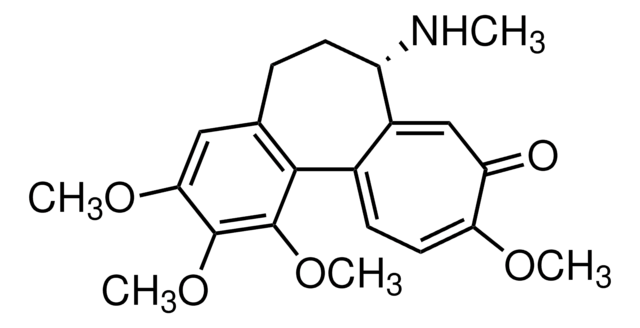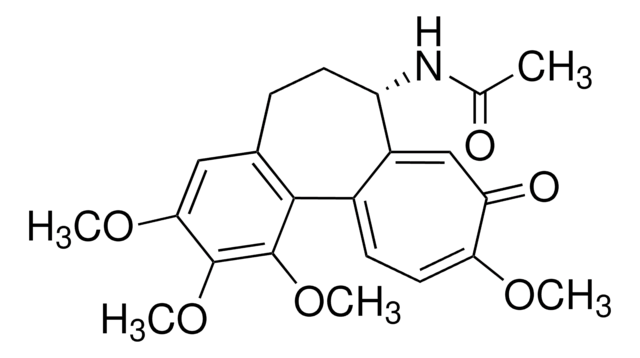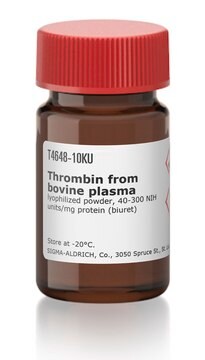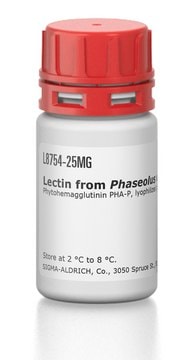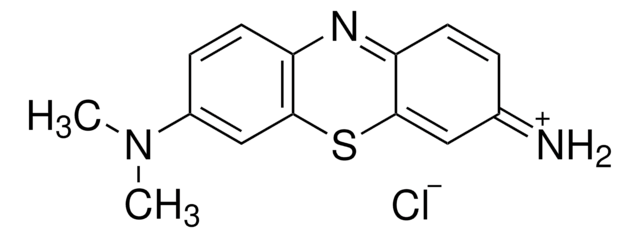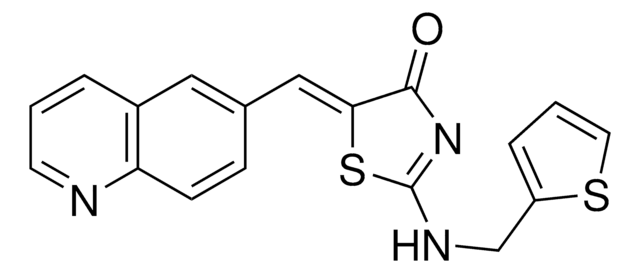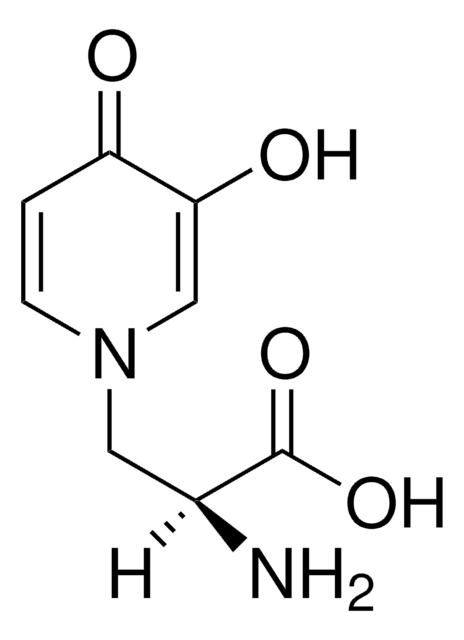10295892001
Roche
Colcemid
solution, suitable for blocking, sterile; 0.2 μm filtered
Sinónimos:
Demecolcine, N-Deacetyl-N-methylcolchicine
About This Item
Productos recomendados
description
N-methyl-N-deacetyl-colchicine
Quality Level
sterility
sterile; 0.2 μm filtered
form
solution
packaging
pkg of 20 mL (10 μg/ml)
manufacturer/tradename
Roche
technique(s)
blocking: suitable
impurities
microbial, tested
solubility
water: miscible
storage temp.
2-8°C
SMILES string
CN[C@H]1CCc2cc(OC)c(OC)c(OC)c2C3=CC=C(OC)C(=O)C=C13
InChI
1S/C21H25NO5/c1-22-15-8-6-12-10-18(25-3)20(26-4)21(27-5)19(12)13-7-9-17(24-2)16(23)11-14(13)15/h7,9-11,15,22H,6,8H2,1-5H3/t15-/m0/s1
InChI key
NNJPGOLRFBJNIW-HNNXBMFYSA-N
¿Está buscando productos similares? Visita Guía de comparación de productos
Categorías relacionadas
General description
Application
Biochem/physiol Actions
Physical form
Other Notes
Storage Class
12 - Non Combustible Liquids
wgk_germany
nwg
flash_point_f
does not flash
flash_point_c
does not flash
Certificados de análisis (COA)
Busque Certificados de análisis (COA) introduciendo el número de lote del producto. Los números de lote se encuentran en la etiqueta del producto después de las palabras «Lot» o «Batch»
¿Ya tiene este producto?
Encuentre la documentación para los productos que ha comprado recientemente en la Biblioteca de documentos.
Los clientes también vieron
Nuestro equipo de científicos tiene experiencia en todas las áreas de investigación: Ciencias de la vida, Ciencia de los materiales, Síntesis química, Cromatografía, Analítica y muchas otras.
Póngase en contacto con el Servicio técnico